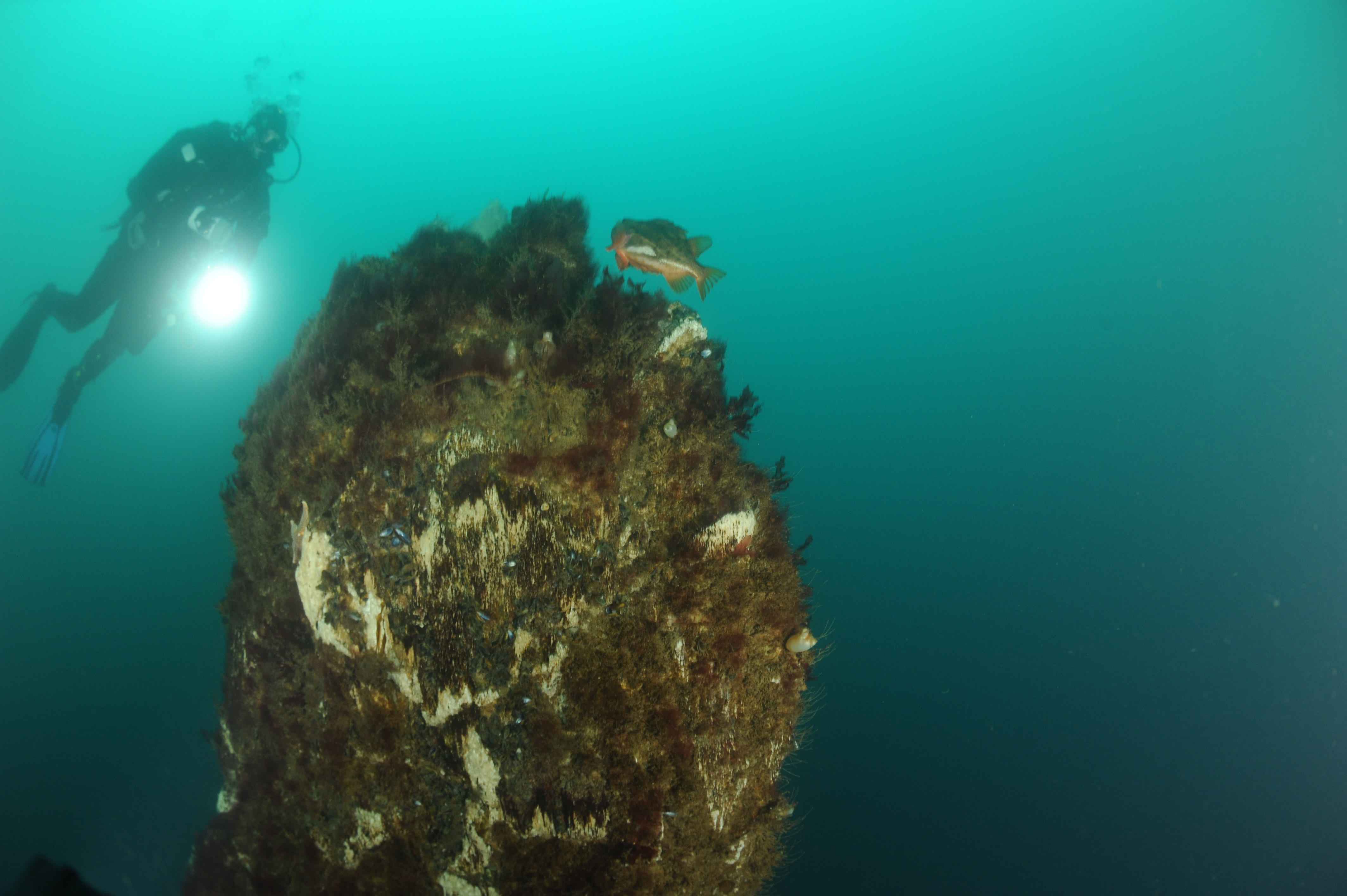New NORA funded project called Pro-Active Diving is aiming to develop a niche eco-tourism market in the NORA Region (Greenland, Iceland, Norway, Faroe Islands) in which divers can help scientists monitor the marine environment

Arctic is undergoing major changes due to the global warming, and Arctic marine ecosystem is affected significantly: the distribution and abundance of key species is altering, influencing Arctic marine food web. Unique habitats such as ice shelves and multi-year ice are rapidly shrinking. As a key part of global biodiversity, Arctic marine ecosystem needs to be properly observed by scientists.
“Scientists need more eyes”, - says Hreiðar Þór Valtýsson, Assistant professor of fisheries sciences in the University of Akureyri. – “The more eyes you have, the better your observations are, the more you see. We need to know what is happening down there in the most scientific way possible”
Divers in NORA region may become scientists´ “eyes”, because they enjoy their hobby or do their job (if they are professional divers) exactly in those places that need to be explored by scientists. Their knowledge of marine environment is relatively good, moreover, half of all divers do collect some data on their own initiative, according to Arctic portal research. However, 90% of them do not upload these data anywhere while scientists are probably lacking it in the same time. The question is if the data collected by divers can be scientifically accurate.
“Earlier there were some concerns about this” – says Paul Rose, Explorer, TV Presenter, Public speaker and one of the most experienced science support divers in the world. – “But not anymore. They´ve discovered that if a diver gets a comprehensible protocol that guides him in the data collection, he can fill it out very accurately. The thing is that the chief scientist has to check the protocol before giving it to divers: it has to be very comprehensible”.
Absolute majority of divers (93%) said that they are willing to contribute into the science and data collection process. They are ready to go diving to the sites selected by scientists, however their major concerns are levels of difficulty, time spent and money. Dive centers also mostly very positive towards this idea, although at least half of them have already participated in some marine researches.
So where do the divers meet scientists? The platform for this is going to be a part of Pro-Active diving project. It will provide the place for divers to find out what scientist would like to be observed for their current research and to upload the data collected while diving. The site will also become a source of accurate information about marine life and promote the citizen science that is so valuable nowadays due to the climate change.
